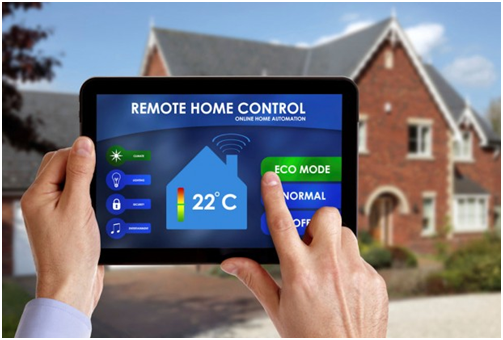What Will the Internet of 2025 Look Like?
It is hard to believe that there are people who are alive today who grew up without the benefit of widespread high-speed internet. Even if you are one of those people, there is a good chance that the internet is such an important part of your life today that you have forgotten what life was like without it.

Today, we can access information about anything and everything online. We are able to watch videos and listen to music with just a click of a button, and get real-time updates about everything that matters to us. The internet, however, is still a relatively immature technology. We can only imagine what it could look like in the future.
From Humble Beginnings
J.C.R Licklider of MIT was the first person to document the idea of a global network in great detail, but it took many years for his ideas to be turned into the ARPANET, and from there the internet and eventually the World Wide Web evolved. The early iterations of the internet were slow, essentially text-only and not particularly searchable or user-friendly. Instead of real-time search engines, searches were performed using gophers – a slow command-line tool that would hunt for specific strings and return a report, but with none of the ranking or relevance judging capabilities of the modern-day search engine.
The Internet of Things
Today, the web has come a long way, and anyone can find or publish information online. Every business is expected to have a website, and companies such as Leicester web design based Pixel Utopia offer services to companies both large and small. The internet is no longer reserved for only the most tech-savvy.
The internet now is about research, socializing and online marketing, and companies like Pixel Utopia offer marketing advice to help businesses engage with their customers – but that engagement is still a deliberate act. We “go online” on our computers or open up social media apps on our phones. Imagine what the world would be like if the internet was even faster and more ubiquitous.
Blazingly fast speeds are one of the most obvious developments we can expect over the next decade, and they would enable everything from the transmission of true 3D holographic imagery to more sophisticated tools. Google has already created self-driving cars, and they are just one of the developments that could be expected out of the Internet of Things.
Imagine a world with medical devices that would report your information directly to your doctor, helping chronically ill patients and the elderly get better care. Imagine being able to check in on the location of your kids if they are late home from school, or getting reminders from your fridge that you are running out of milk. All of these things are technically possible – the only thing that is holding the technology back right now is infrastructure. As high-speed broadband becomes more widely available, expansion of those services is likely.


